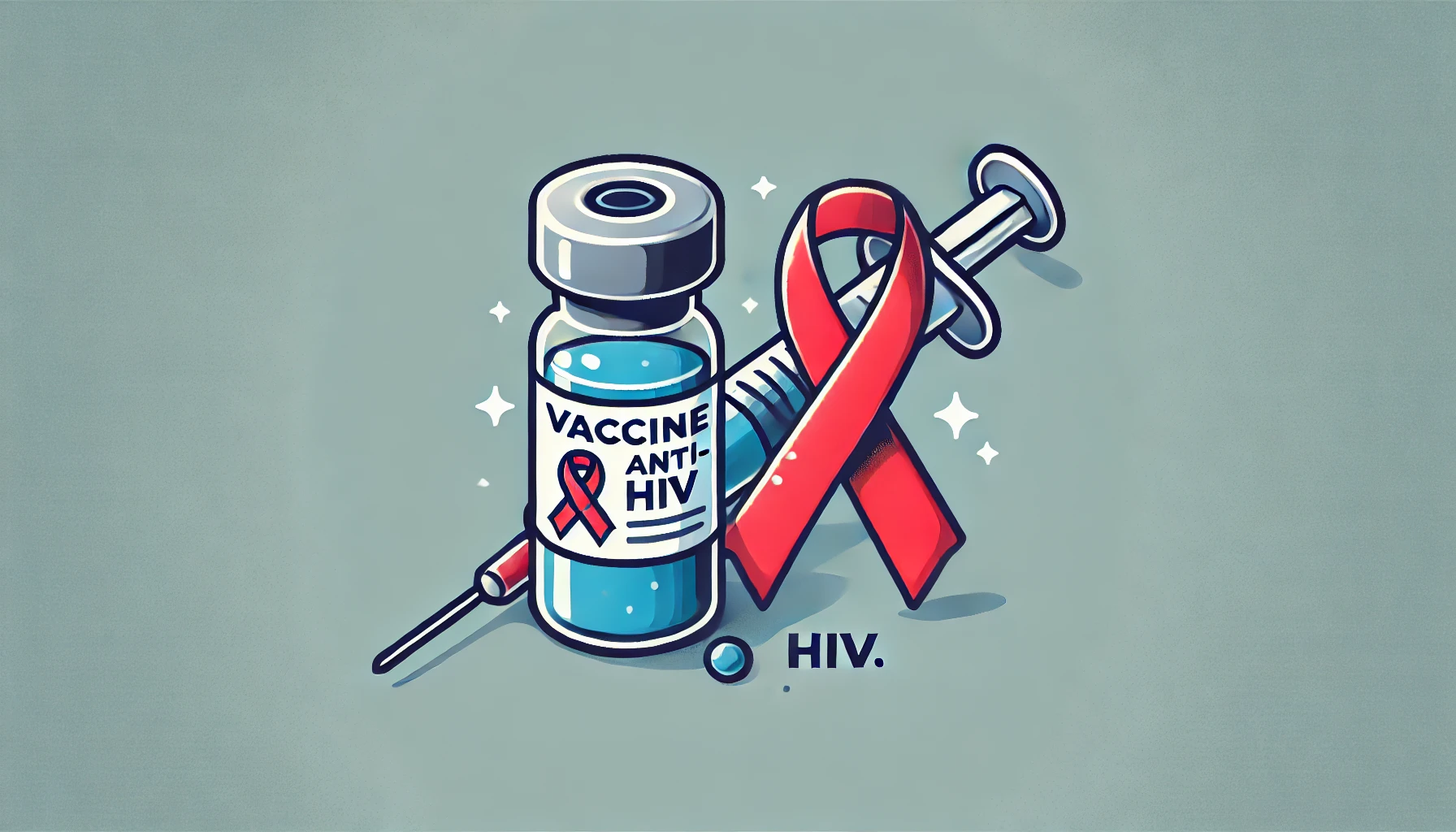Globally, almost 40 million people worldwide are living with HIV. Over 150,000 more people get it every year. Although the incidence is slowly decreasing, HIV remains one of the most devastating pandemics affecting mankind. Now, a new vaccine promises to turn the tide against the disease.

A step closer to prevention
The trial was carried out by pharmaceutical company Gilead, and it was a Phase 3 trial assessing the efficacy and safety of the vaccine called lenacapavir. The vaccine is administered twice yearly and aims to prevent HIV infections.
The trial involved over 5,300 cisgender women and adolescent girls aged 16-25 across sites in South Africa and Uganda, two countries with a high incidence of HIV.
Participants were randomized into three groups: those receiving twice-yearly lenacapavir, daily oral Descovy, (emtricitabine and tenofovir alafenamide), and daily oral Truvada. The trial’s design avoided a placebo group due to ethical considerations. Essentially, because some prevention already exists, it’s not ethical to compare the new vaccine to a placebo. So, instead, the researchers used background HIV incidence (bHIV) as the primary comparator and Truvada as a secondary comparator.
The results were striking. There were zero reports of HIV infections among the 2,134 women in the lenacapavir group, compared to 16 infections among the 1,068 women in the Truvada group. These findings establish the superiority of lenacapavir over both bHIV and Truvada, with a statistical significance of p<0.0001 for both endpoints.
“With zero infections and 100% efficacy, twice-yearly lenacapavir has demonstrated its potential as an important new tool to help prevent HIV infections,” said Merdad Parsey, MD, PhD, Chief Medical Officer, Gilead Sciences. “We look forward to additional results from the ongoing PURPOSE clinical program and continuing toward our goal of helping to end the HIV epidemic for everyone, everywhere.”
Hope in the fight against HIV
Analysts interpreted the vaccine’s results as a “near best-case” scenario for the company. The results were better than even Gilead expected. No large-scale HIV study has had zero infections until now, raising new hope for infection prevention. The fact that you only need two vaccine doses, compared to daily prevention, also makes lenacapavir far more attractive (and cheaper).
To make matters even better, the vaccine may be in use relatively quickly.
Lenacapavir is already approved under the brand name Sunlenca as a treatment for HIV that’s resistant to other medicines, although it’s not a big seller for Gilead. All that’s needed would be a change in the regimen.
“Twice-yearly lenacapavir for PrEP, if approved, could provide a critical new choice for HIV prevention that fits into the lives of many people who could benefit from PrEP around the world—especially cisgender women,” said Linda-Gail Bekker, Director of the Desmond Tutu HIV Center at the University of Cape Town, South Africa, and past President of the International AIDS Society.
“While we know traditional HIV prevention options are highly effective when taken as prescribed, twice-yearly lenacapavir for PrEP could help address the stigma and discrimination some people may face when taking or storing oral PrEP pills, as well as potentially help increase PrEP adherence and persistence given its twice-yearly dosing schedule.”
However, the company notes that the use of lenacapavir for the prevention of HIV in women is “investigational”. The treatment has “not been determined to be safe or efficacious” and “is not approved anywhere globally”.
Nevertheless, the company expects results from another trial this year (or in 2025). The trial is assessing twice-yearly lenacapavir for HIV prevention among cisgender men who have sex with men, transgender men, transgender women and non-binary individuals who have sex with partners assigned male at birth in Argentina, Brazil, Mexico, Peru, South Africa, Thailand and the United States.
Then, after this trial is also concluded, Gilead will pursue a regulatory filing, if the vaccine is found to be safe and effective for multiple populations and communities in need of HIV prevention options.
This biannual injectable not only promises a more convenient and adherent-friendly option compared to daily prevention methods but also represents a potential turning point in HIV prevention. As Gilead awaits further results from ongoing trials and prepares for regulatory filings, the future of HIV prevention looks increasingly optimistic, bringing the world closer to ending this devastating epidemic.


